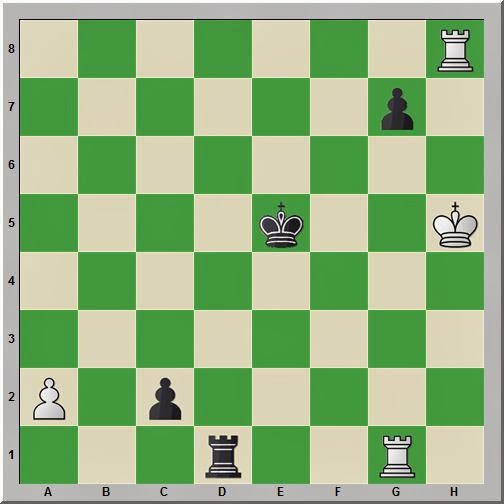Game Analysis by WGM Natalia_Pogonina
Analyzing your games is one of the main ways of improving in chess. During this procedure you will be able to pinpoint your typical mistakes, as well as weaknesses & strengths. Your games are your business card in the world of chess. Each person has their own approach to game analysis. Nevertheless, there are some common traits. When communicating with other chess players, I often learn new interesting ideas. The article offers some of the methods for you to consider. There are two types of analysis – preliminary and deep. The first type is performed right after the game has been played, before the next round. The second one takes place after the end of the tournament. Preliminary analysis After the game has been played, it is useful to discuss it with the opponent. Nowadays this tradition is becoming less popular for a number of reasons. One of the common arguments is “why should I care what the patzer thinks, if I can go home and have the engine



